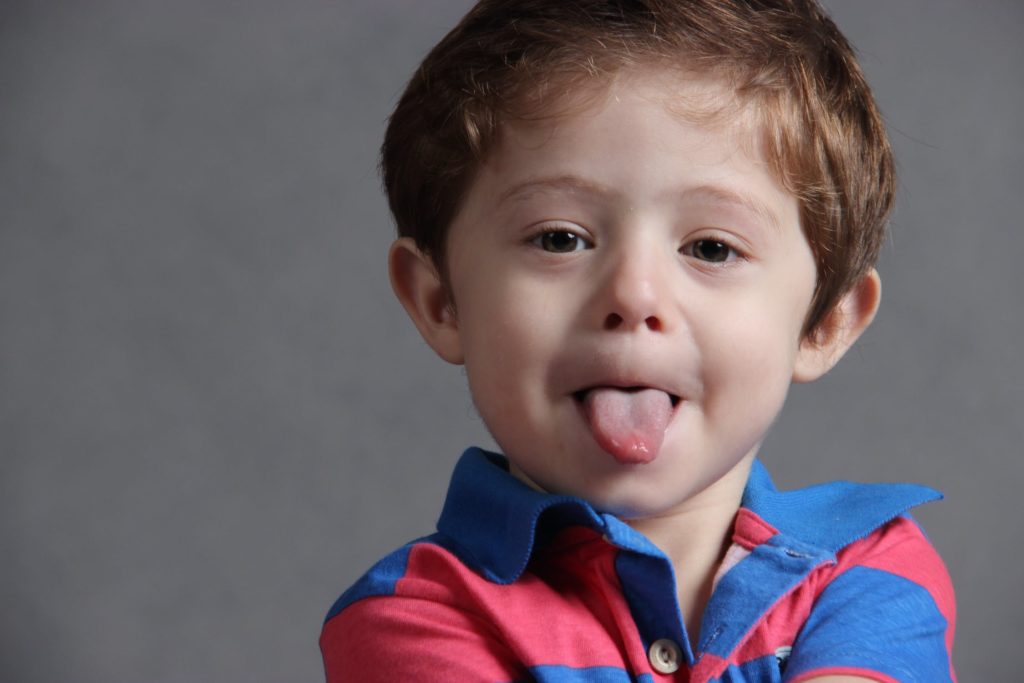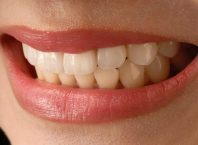Table of Contents
The primary concern for any parent is the safety of their child. Therefore it’s understandable for a parent to worry about the safety of dental surgery for their kids. The major concern about dental surgery for kids is that it requires the use of anesthesia because it’s an extensive procedure as such young kids may not be able to sit still through the process.
On the other hand, a child’s toothy smile is among the most precious blessings for a parent. Unfortunately, decay and cavities affect a child’s toothy grin, thus bringing about the necessity of dental surgery.
Additionally, delaying treatment of tooth decay may lead to loss of teeth, chronic pain and bring about a change in the child’s growth, sleeping, and eating.
If your dentist recommends dental surgery for your child, you may have concerns about the safety of this procedure. This article tries to answer your question about the safety of dental surgery for children.

What is dental surgery?
Dental surgery or sleep dentistry is the procedure that calls for the use of anesthesia during the performance of dental surgery. Dental surgery is not one of the preferred dental operations.
However, the dentist will recommend it whenever it’s necessary. Its greatest benefit is that it provides a safe, calm, and comfortable environment to ensure that patients get various dental or restorative services they need.
Dental surgery involves the use of mild sedatives to manage anxiety. After dental sedation, the dentist gives your child an injection that the dental surgery procedure is pain-free.
It’s important to note that the sedation effects may last up to 6 hours, even after treatment. Unless your dentist advises on general anesthesia your child will be awake during the dental surgery.
Levels of Dental Sedation
- Conscious sedation: Conscious sedation allows the tour child to stay awake during dental surgery. Your child will inhale or take it orally as a pill.
- Deep sedation: Deep sedation allows your child to make some movements while asleep. This sedation requires IV placement and anesthetic vapor.
- General anesthesia: Your child will be deep asleep with no visible movements. It’s made possible through inhalation and IV medication.
Types of Sedation
Among the commonly used sedation methods include:
1. Nitrous oxide
Also known as laughing gas, the compound is a mild sedative that helps keep your child calm and relaxed during dental surgery. Administration of nitrous gas is through the use of a space mask and takes effects in a matter of minutes.
The good news is that your child stays awake through the procedure and may look and feel happy”. Once the process is over, your child breathes in pure oxygen for a few minutes to ensure that any remaining nitrous oxide flashes out. Google sedation dentist near me if you are looking for the hands of a capable dentist to handle your child’s dental surgery.
2. Oral Sedatives
Oral sedatives can make your young one feel a bit drowsy and calm through the dental surgery procedure. It’s given through the mouth or nose and takes up to 20 minutes before it starts to work. If your child is getting this sedative medicine, you should ensure that he does not eat or drink anything on the night of appointment starting from midnight.
3. IV sedation
It involves inserting a needle into the veins in your child’s arm or hand. The benefit of IV sedation is that it’s possible to regulate it to ensure that your child stays relaxed over lengthy procedures.

Why would children need dental surgery?
- There are many reasons as to why your child may require dental surgery. Dentists use factors such as behavior, age, time, and amount of work needed to determine if dental surgery would benefit a child. Among the common dental surgery cases in children involve:
- Small children need a considerable amount of dental work. Young children who may not be able to sit through various lengthy dental procedures may harm themselves or cause harm during the dental process.
- Children who experience anxiety or fear. Such kids will not be able to sit during the process and may develop a permanent negative attitude towards the dentist if the procedure takes place when they are awake.
- Physically or disabled kids as they may experience anxiety and are not able to sit still
Dental surgery helps eliminate anxiety, fear, and stress for young patients. This is important because it helps reduce the fear of visiting the dentist. It’s also a safety precaution as the patients remain still during the procedure, thus enabling the dentists to use the dental equipment safely.
How to prepare for Dental Surgery
The health of your child will be under close observation through dental surgery. However, before the procedure, you should take the following into account:
- Notify your dentist of any underlying condition your child may be experiencing such as nasal congestion, fever, ear infection and so on
- Let your dentist know of any medication your child may be taking so that they can determine if it’s okay to take them when due for dental surgery.
- Contact your dentist to get information on eating and drinking during the hours leading to the procedure.
- Ensure your child wears loose clothes for easier monitoring during dental surgery.
Conclusion
Dental surgery is a necessary procedure for restoring and managing various dental problems. With an experienced and competent dentist, you can rest easy knowing that your child is completely safe.















